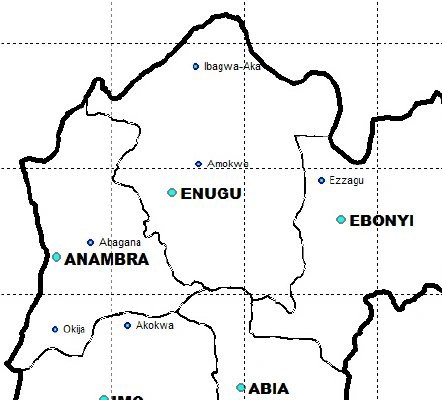Africa
The Benue Bridge: An engineering marvel and colonial legacy

The Benue Bridge, located in Makurdi, Nigeria, is an iconic landmark that has stood the test of time.
Its construction, which began in 1928 and was completed in 1932, was a monumental undertaking by the British colonial authorities.
The bridge was officially opened by Donald Cameron on May 24, 1932, coinciding with the celebration of Empire Day.
This feat of engineering was a significant achievement, not only for its sheer scale but also for its impact on the region’s transportation infrastructure.
The Benue Bridge spans an impressive half a mile, with a distance of 2,584 feet (788 meters) between its abutments.
Its construction was necessitated by the need to replace the Nigerian railway’s ferry service, which conveyed passengers across the Benue River.
The ferry service was time-consuming and often unreliable, hindering the movement of people and goods.
The bridge’s construction addressed this challenge, providing a safe and efficient crossing point over the river.
The construction of the Benue Bridge was a massive undertaking, costing approximately £1,000,000 (a staggering amount at the time). The project was executed by Sir William Arrol & Co., a renowned British engineering firm.
The bridge’s construction was one of the largest undertakings by the British in Africa and the longest bridge in Africa at the time of its completion.
The Benue Bridge is a testament to the engineering prowess of its time. Its design and construction demonstrate a deep understanding of the region’s geological and climatic conditions.
The bridge’s durability and longevity are a tribute to the skill and craftsmanship of its builders.
Beyond its engineering significance, the Benue Bridge also holds historical importance.
It represents a legacy of colonialism, symbolizing the British Empire’s presence and influence in Nigeria.
The bridge’s construction was part of a broader effort to modernize Nigeria’s infrastructure, facilitating the movement of goods, people, and ideas.
Today, the Benue Bridge remains a vital transportation artery, connecting the northern and southern parts of Nigeria.
Its significance extends beyond its functional purpose, serving as a reminder of the region’s rich history and cultural heritage. As Nigeria continues to evolve and grow, the Benue Bridge stands as a testament to the country’s enduring spirit and resilience.
For Diaspora Digital Media Updates click on Whatsapp, or Telegram. For eyewitness accounts/ reports/ articles, write to: citizenreports@diasporadigitalmedia.com. Follow us on X (Fomerly Twitter) or Facebook









